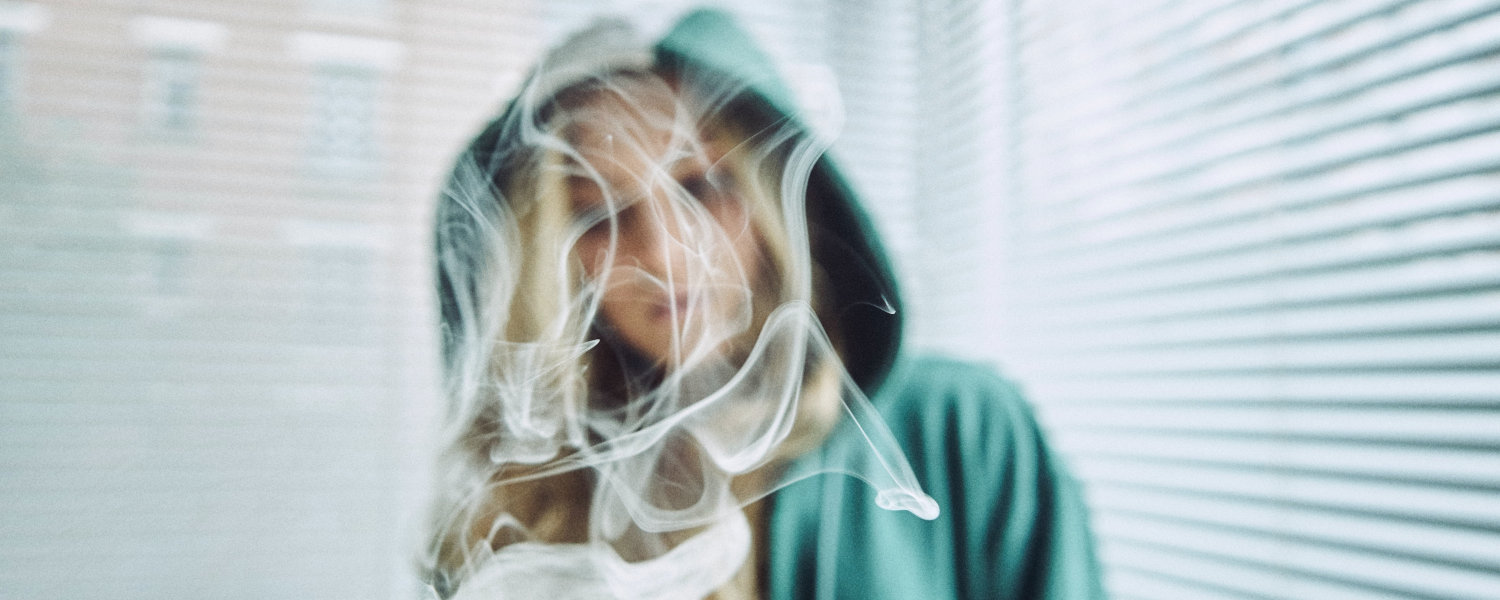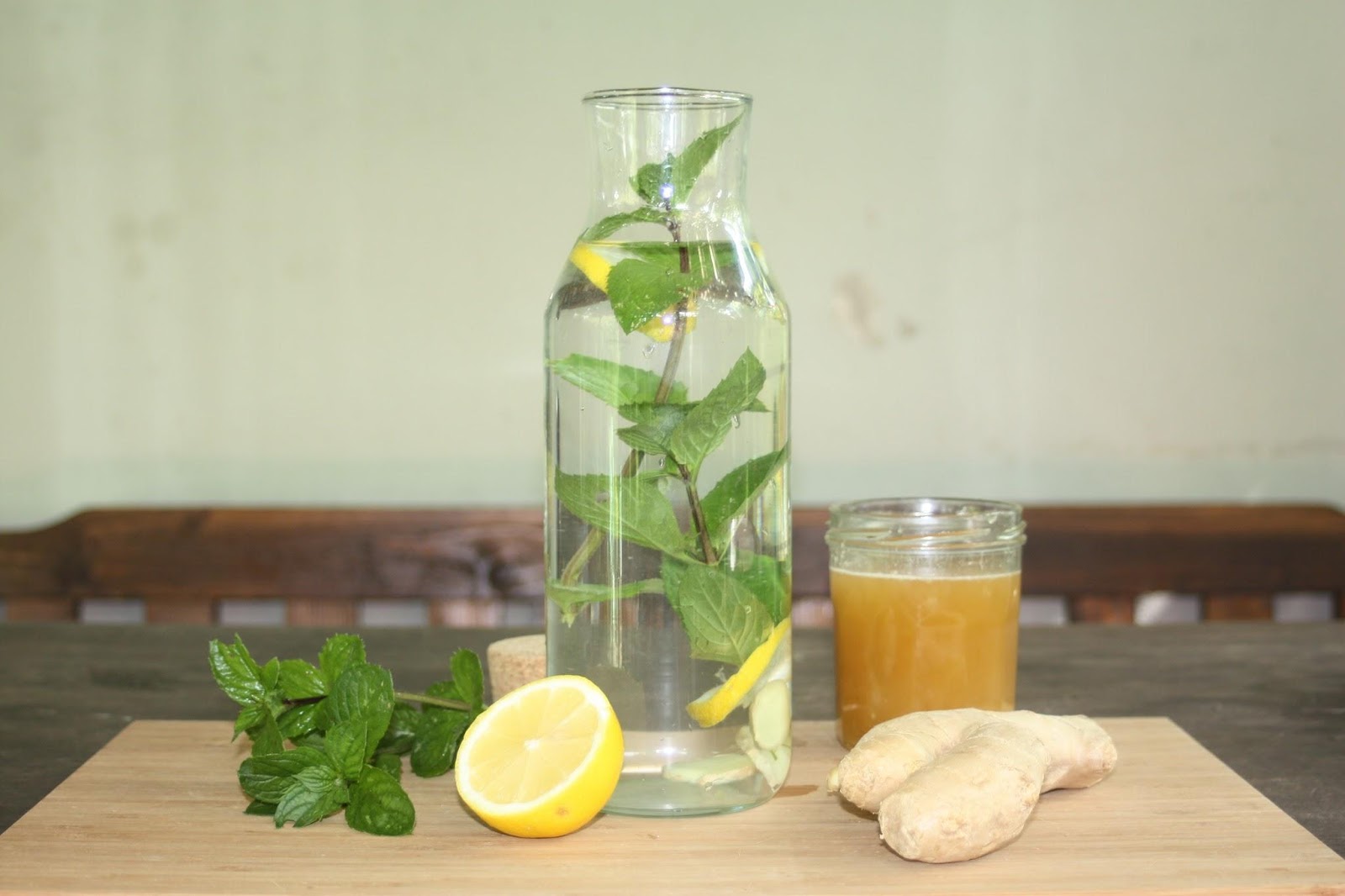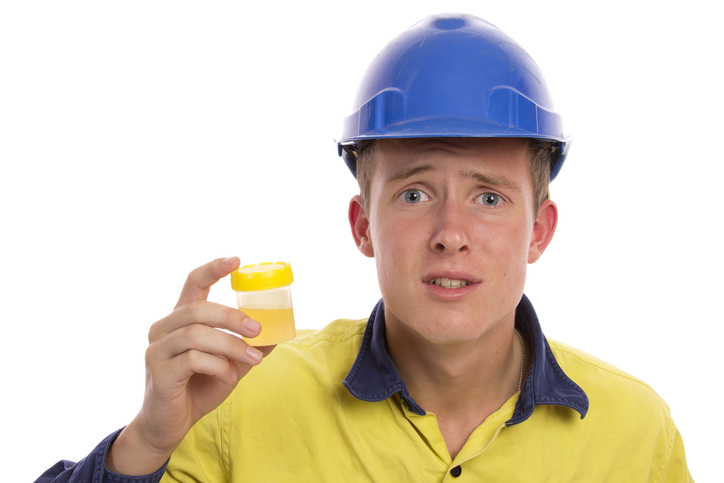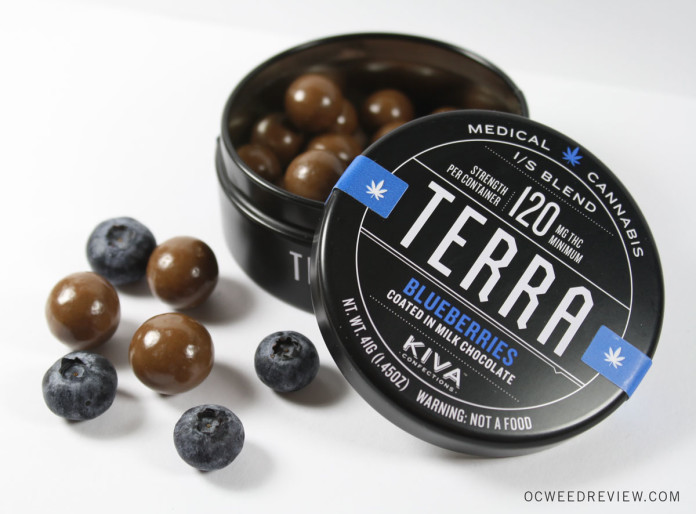In This Article
- Can You Fail a Drug Test from Secondhand Smoke?
- How Likely Are You to Fail a Drug Test from Secondhand Smoke?
- How Long Will Secondhand Weed Smoke Last in My System?
- What About Secondhand CBD Smoke?
- What to Do If You Are Exposed to Secondhand Cannabis Smoke
- Minimizing Your Risk of Failing a Drug Test from Secondhand Smoke
Key Takeaways
- Failing a drug test from secondhand cannabis smoke is unlikely under normal conditions.
- Extreme exposure in unventilated spaces may increase the risk of THC detection.
- Proper ventilation and limiting exposure can help reduce any potential risk.
As cannabis use becomes more common, concerns about secondhand smoke and drug testing have grown. While it's uncommon, certain conditions might lead to detectable THC levels from passive exposure. Understanding these factors can help you stay informed and prepared.
Can You Fail a Drug Test from Secondhand Smoke?
Most standard drug tests have thresholds to prevent false positives from incidental exposure. In environments with poor ventilation and heavy smoke, like a sealed room, non-smokers might absorb enough THC to test positive, especially with sensitive tests. Fortunately, such scenarios are uncommon in everyday life.
A 2014 study of eight cannabis users over three sessions found that the chances of failing a test from secondhand smoke hinged heavily on the plant's potency and the sensitivity of the screening.¹
A May 2015 analysis from Johns Hopkins University reached a similar conclusion that secondhand exposure had to be at "extreme" conditions to come up on a test. The research also confirmed that secondhand smoke in a low or non-ventilated room could cause mild intoxication. Many know this as a "contact high."
Your odds of failing a drug test due to secondhand cannabis smoke are low. Still, exposure to smoke of any kind comes with health risks. Secondhand cannabis smoke may lead to adverse short- and long-term effects, including:
- Asthma attacks
- Lung irritation
- Respiratory discomfort or infection
How Likely Are You to Fail a Drug Test from Secondhand Smoke?
Analysis found that most secondhand smoke exposure won't get picked up on cannabis screenings set to the standard 50ng/ml sensitivity. Your risk of a positive test will increase if the analysis is set to 20ng/ml.
Ventilation played a significant factor as well. Without proper air filtration, the chances of failing a screening can increase. But the amount of smoke needed to reach higher risk levels of exposure are so high that some subjects wore protective goggles to avoid eye irritation. This makes it unlikely that secondhand cannabis smoke would trigger a positive test. Still, there are cases where lower-intensity tests could produce a positive result.
There are also some questions about the reliability of drug screenings themselves. Misinterpretations of results can happen. If a clinician makes a mistake or if a false positive or false negative occurs, the screening subject faces potentially steep consequences. Punishments include incarceration, job termination, and the loss of housing or parental rights.
How Long Will Secondhand Weed Smoke Last in My System?
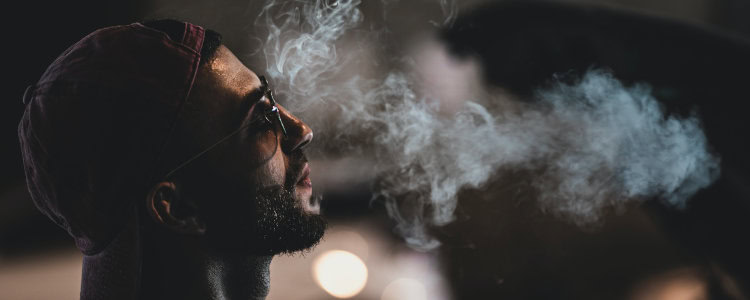
There is quite a difference between how long cannabis remains in your system when consuming or receiving it secondhand. According to most anecdotal feedback and some lab analysis, THC and other cannabinoids can stay in your system for anywhere from 30 to 90 days. That time frame will be largely determined by the amount consumed in recent days, weeks, and months. Other factors, including body composition and the potency of the cannabis, seem to come into play.
Secondhand weed smoke remains in your system for a significantly shorter period. Depending on your source, secondhand cannabis smoke should be out of your system in about three days. Some diagnostics suggest that it could be gone within 24 hours.
So, while you are unlikely to test positive due to secondhand cannabis exposure, use caution if a screening is coming up. You would need to be around uncommon levels of cannabis smoke to fail a test from secondhand smoke, but it’s still always a good idea to use caution if you have a test coming up.
What About Secondhand CBD Smoke?
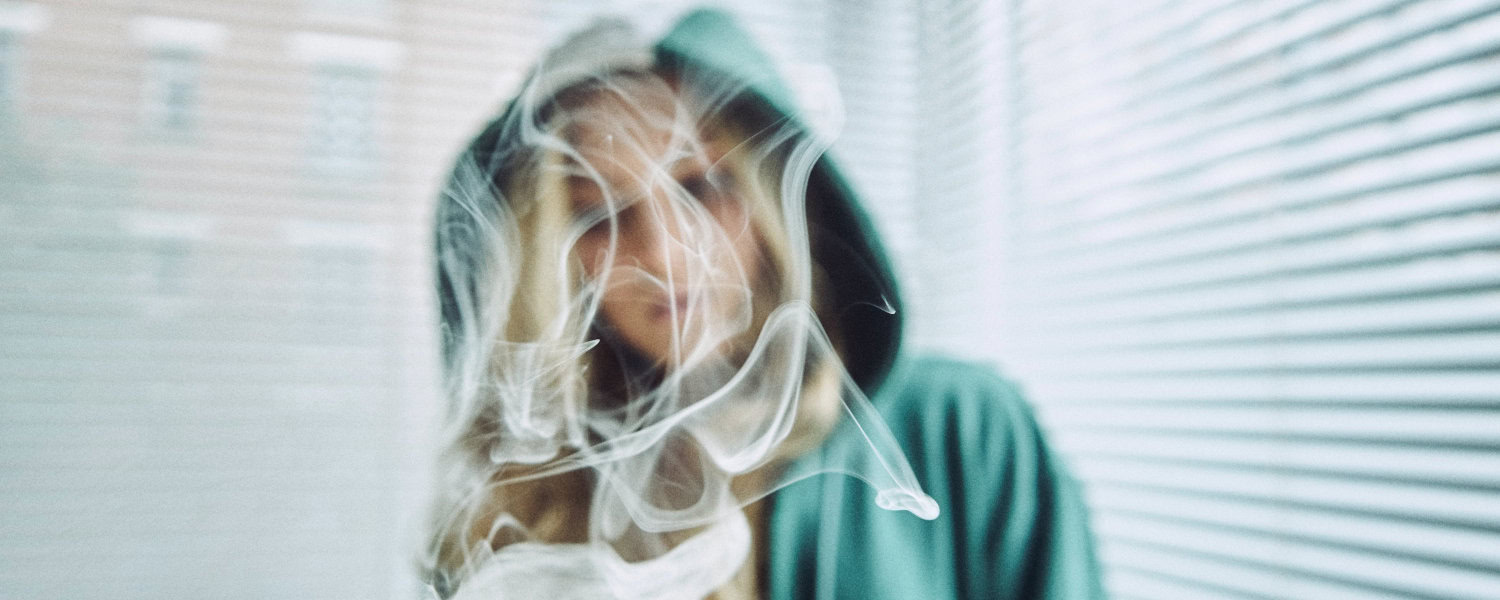
There isn't much difference between secondhand CBD and THC smoke regarding cannabis drug screenings. In fact, there isn't much of a difference between any cannabinoids when it comes to secondhand smoke. However, there is a reasonable degree of difference when it comes to most drug screenings.
With CBD being federally legal, screenings rarely, if ever, test for it.. That certainly isn't the case with THC. THC-COOH, the metabolite byproduct created by the body metabolizing THC, is of primary interest during cannabis drug tests.
The focus on THC and the legality of CBD mean that the latter is unlikely to trigger a positive test during a drug screening. However, keep in mind that not all CBD is free of THC. Federally-legal hemp products are allowed by law to contain up to 0.3% THC. When consumed in large enough doses, it may trigger a positive test. This outcome is much more likely when you’re using the CBD product yourself over a long period of time than if you were exposed to secondhand smoke.. If you’re looking to keep using CBD while avoiding THC for a drug test, it’s best to stick to CBD isolates with a 0% concentration of THC. Still, even though eating or inhaling enough THC from federally-legal CBD products to register on a drug test is highly unlikely, there’s no proof that it’s impossible either.
It's always best to use caution with a drug screening coming up. Even if the chances are low, you may want to hold off on consuming CBD in the lead-up to your test. Or, at the very least, keep your dosage low.
What to Do If You Are Exposed to Secondhand Cannabis Smoke

Avoiding secondhand smoke can be more complicated than it seems. It won’t be hard to smell or spot the stuff, but, at times, it can be challenging to pass up the events attached to it. Still, if you want to avoid secondhand smoke, consider steering clear of places like:
- Cannabis consumption lounges
- Buildings and venues that allow smoking (Certain restaurants, concert venues, clubs, etc.)
- Smoking sections of bars, restaurants, venues, etc.
You may also want to avoid outdoor locations where cannabis is allowed. In some states, like New York, public weed consumption is legal. Though, with outdoor air, you should have ample ventilation to avoid secondhand smoke. Still, you may want to use caution.
You can’t do much to reverse any effects caused by secondhand smoke. Your best bet is to react once you feel something is off. Move away from the oppressive smoke and/or smell. Find a place where your eyes, sinuses, and throat aren't bothered.
Avoiding cannabis smoke isn’t the most challenging task in the world. Still, it can be hard to pass up on places, people, and events that may bring you into contact with it. The chances are slim, but you could find yourself failing a drug screening due to secondhand cannabis smoke or CBD consumption. If you have a drug screening coming up, use caution in the days and weeks leading up to it.
Minimizing Your Risk of Failing a Drug Test from Secondhand Smoke
Most research and anecdotal feedback suggest that you are unlikely to fail a drug test from secondhand cannabis smoke. Still, the outcome doesn’t appear to be entirely off the table.
To reduce the already low risk of testing positive from secondhand cannabis smoke:
- Avoid enclosed spaces where heavy smoking occurs.
- Ensure good ventilation if you're around cannabis use.
- Inform those who are smoking about your concerns regarding exposure.
By taking these precautions, you can further minimize any potential risk associated with passive cannabis smoke exposure.
Sources:
¹ Cone, Edward J., George E. Bigelow, Evan S. Herrmann, John M. Mitchell, Charles LoDico, Ronald Flegel, and Ryan Vandrey. 2014. “Non-Smoker Exposure to Secondhand Cannabis Smoke. I. Urine Screening and Confirmation Results.” Journal of Analytical Toxicology 39 (1): 1–12. https://doi.org/10.1093/jat/bku116.
The information in this article and any included images or charts are for educational purposes only. This information is neither a substitute for, nor does it replace, professional legal advice or medical advice, diagnosis, or treatment. If you have any concerns or questions about laws, regulations, or your health, you should always consult with an attorney, physician or other licensed professional.

